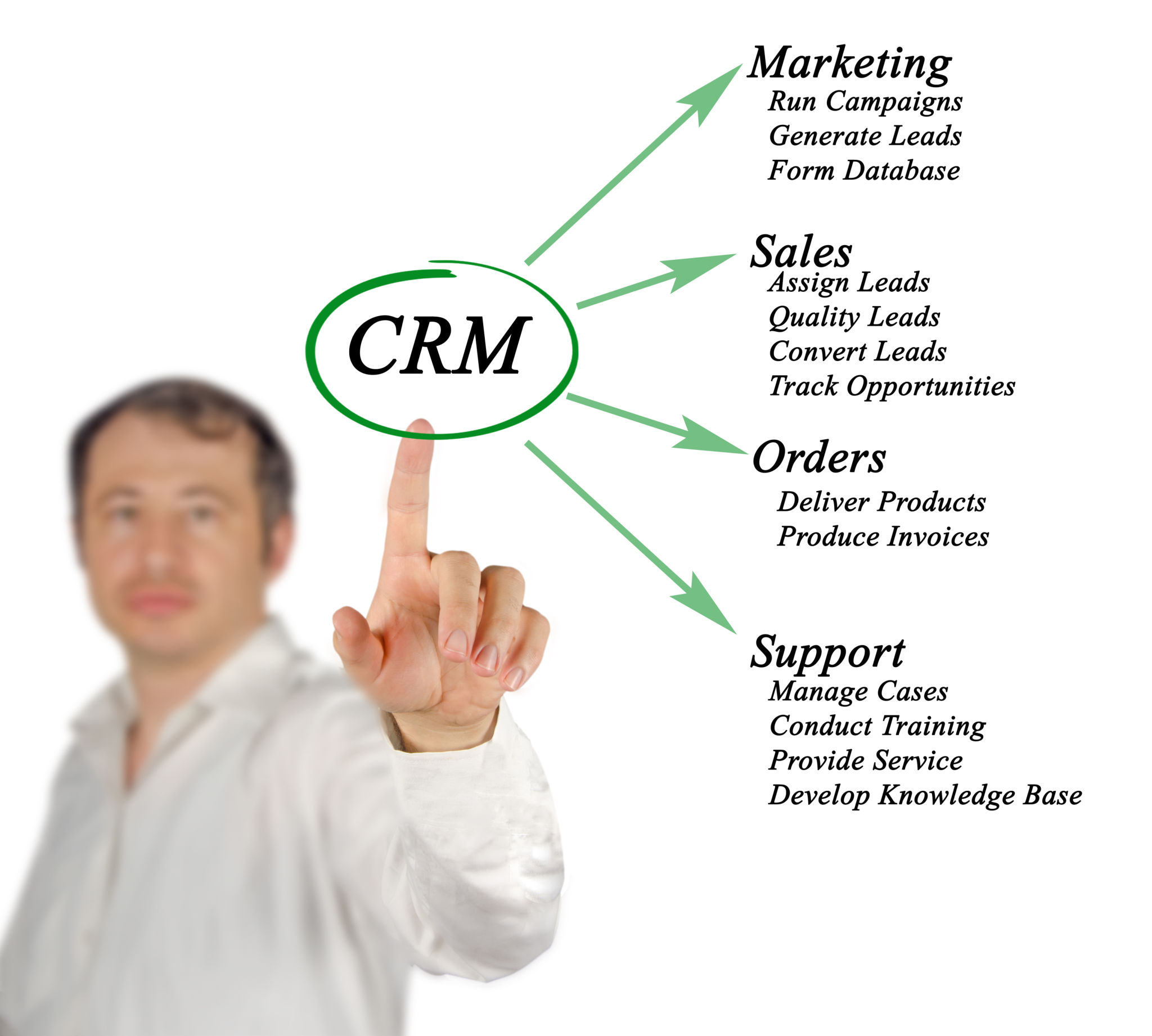Comparing Zoho CRM and Other Tools for Small Business Automation
Introduction to CRM Tools for Small Businesses
Small businesses are constantly on the lookout for tools that can help automate and streamline their operations. Customer Relationship Management (CRM) systems have become essential in managing customer interactions and improving business processes. Among the myriad of CRM options available, Zoho CRM stands out as a popular choice for small businesses. This blog post will explore how Zoho CRM compares to other tools, helping you make an informed decision.
Choosing the right CRM can significantly impact your business's efficiency and customer satisfaction. It's crucial to consider factors such as functionality, ease of use, and cost when selecting a CRM tool. Let's dive into the features of Zoho CRM and see how it stacks up against other popular options.
Key Features of Zoho CRM
Zoho CRM offers a comprehensive suite of features tailored for small businesses. It provides an intuitive user interface, customizable dashboards, and advanced analytics that allow businesses to track and optimize customer interactions. Additionally, Zoho CRM integrates seamlessly with other Zoho applications, enhancing its overall utility.
One of the standout features of Zoho CRM is its automation capabilities. The platform enables businesses to automate repetitive tasks, such as sending follow-up emails or scheduling meetings, saving valuable time and resources. This level of automation is particularly beneficial for small businesses with limited staff.

Comparing Zoho CRM with Salesforce
Salesforce is another popular CRM choice known for its robust features and extensive customization options. While Salesforce offers a high level of flexibility and scalability, it can be overwhelming for small businesses due to its complexity and higher price point. In contrast, Zoho CRM provides a more straightforward user experience with an affordable pricing model, making it an attractive option for small businesses.
Moreover, Zoho CRM offers excellent customer support and onboarding resources, ensuring that small business owners can quickly get up to speed with the platform. This ease of use is a significant advantage over Salesforce for those who may not have a dedicated IT team.
Zoho CRM vs. HubSpot CRM
HubSpot CRM is renowned for its free version, which offers essential features suitable for startups and small businesses. However, as businesses grow and require more advanced functionalities, the cost of HubSpot can increase significantly. Zoho CRM, on the other hand, offers a competitive pricing strategy with scalable plans that cater to growing business needs without breaking the bank.

A notable advantage of Zoho CRM is its ability to integrate with a wide range of third-party applications. This flexibility allows small businesses to tailor their CRM system to align with their specific workflows and processes, offering greater customization compared to HubSpot's more rigid structure.
The Value Proposition of Zoho CRM
In addition to competitive pricing and robust features, Zoho CRM provides a strong value proposition through its all-in-one approach. It includes marketing automation, sales management, customer support tools, and more under one roof. This comprehensive offering helps small businesses manage all aspects of customer relationships without needing multiple disparate tools.
Furthermore, Zoho's commitment to continuous improvement and innovation means that users regularly benefit from updates and new features. This ongoing development ensures that Zoho CRM remains relevant and effective in meeting the evolving needs of small businesses.

Conclusion: Making the Right Choice
When it comes to selecting a CRM tool for your small business, it's important to weigh the pros and cons of each option carefully. While Salesforce and HubSpot offer compelling features, Zoho CRM's affordability, ease of use, and comprehensive capabilities make it a strong contender for small businesses seeking efficient automation solutions.
Ultimately, the best choice will depend on your specific business requirements, budget constraints, and long-term growth plans. By understanding the unique advantages of each platform, you can make an informed decision that aligns with your business goals.